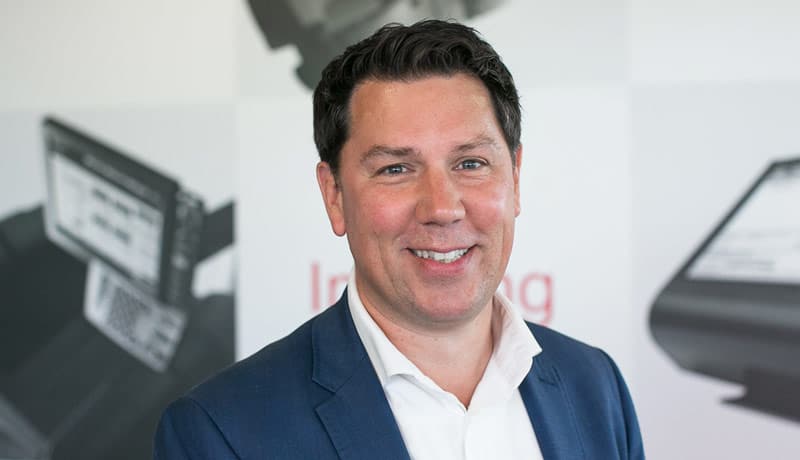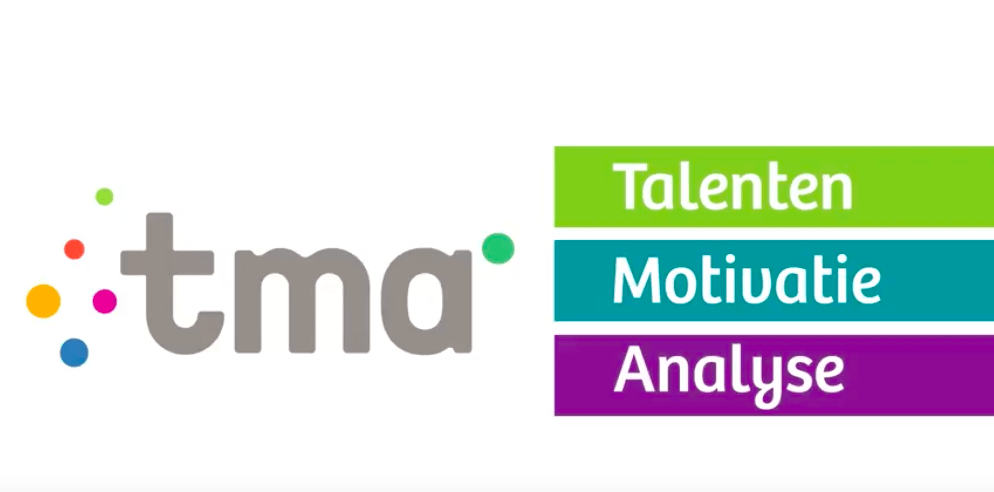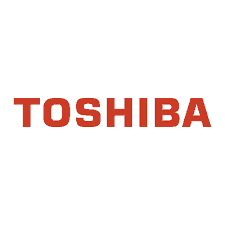This year, Toshiba TEC has replaced the old familiar performance evaluation form with a new conversation cycle that utilizes the TMA Talent Compass. Niels Priem, Managing Director, explains the motivation behind revamping the performance cycle and how they approached it.
"Toshiba TEC has two main branches in the Netherlands: Retail Solutions and Document Solutions (which includes cash registers and printers). We operate in highly dynamic and evolving markets. Our offerings have expanded significantly over the years, and our services have adapted to address all the changes in the market. For instance, in Document Solutions, we’ve observed a shift toward less printing and more digitization—a positive trend considering environmental impact. Consequently, we assist our clients in streamlining processes efficiently and explore how our services can contribute to that. This dialogue is quite different from the conversations we had with customers five or ten years ago when we sat down with procurement to discuss printer replacements."



